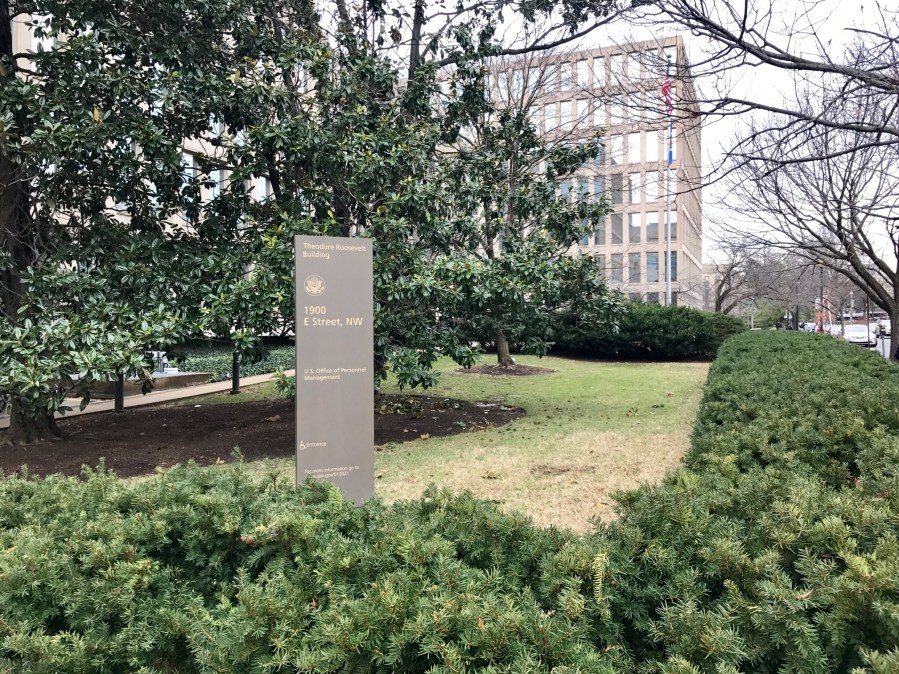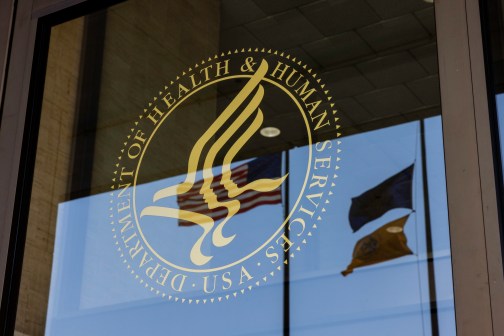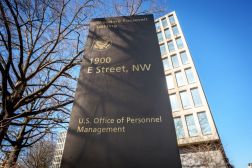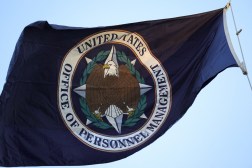OPM asks agencies to revise telework policies by Friday

Acting Office of Personnel Management Director Charles Ezell called on agency leaders in a new memo to immediately change their telework policies to require federal employees to be in the office full time.
That guidance specifically asks agency leaders to revise the telework policies created under a 2010 telework law “to state that eligible employees must work full time at their respective duty stations unless excused due to a disability, qualifying medical condition, or other compelling reason certified by the agency head and the employee’s supervisor.”
Those changes should be made “no later than” 5 p.m. Friday, the guidance said. It was sent to all agency and department heads.
The correspondence, which was dated Wednesday, follows President Donald Trump’s presidential memo calling for an elimination of remote work arrangements as part of his day-one actions. Trump and his allies have been critical of remote work and efforts by federal unions to secure remote work arrangements for employees.
In a November Wall Street Journal op-ed, for example, Elon Musk and Vivek Ramaswamy, then co-heads of Trump’s Department of Government Efficiency efforts, suggested that full-time in-office policies for workers would “result in a wave of voluntary terminations that we welcome.”
Agency leaders were asked in the guidance to email employees a copy of the presidential memo along with notification “of the agency’s intention to fully comply with” the directive. The guidance also tells agencies to inform OPM when the agency will be in full compliance with the policy.
The guidance cites a report by the Republican majority on the House Committee on Oversight and Government Reform that stated telework in the government following the COVID-19 pandemic has hindered agencies. That report cites several federal officials who have testified about specific instances of telework difficulties before Congress and points to a government watchdog report that recommended four agencies evaluate how telework was impacting the agency’s performance.
“Fairness requires that federal office employees show up to the worksite each day like most other American workers,” Ezell said in the guidance. “In addition, during the Biden Administration, federal unions attempted to abuse the collective-bargaining process to guarantee full-time telework into the indefinite future and forestall any requirement to return to the office.”
In a statement following Trump’s Monday memo on remote work, American Federation of Government Employees National President Everett Kelley defended remote work flexibility and pointed to the bipartisan Telework Enhancement Act of 2010, a law which required agencies to expand telework.
“Providing eligible employees with the opportunity to work hybrid schedules is a key tool for recruiting and retaining workers in both the public and private sectors,” Kelley said. “Restricting the use of hybrid work arrangements will make it harder for federal agencies to compete for top talent.”






